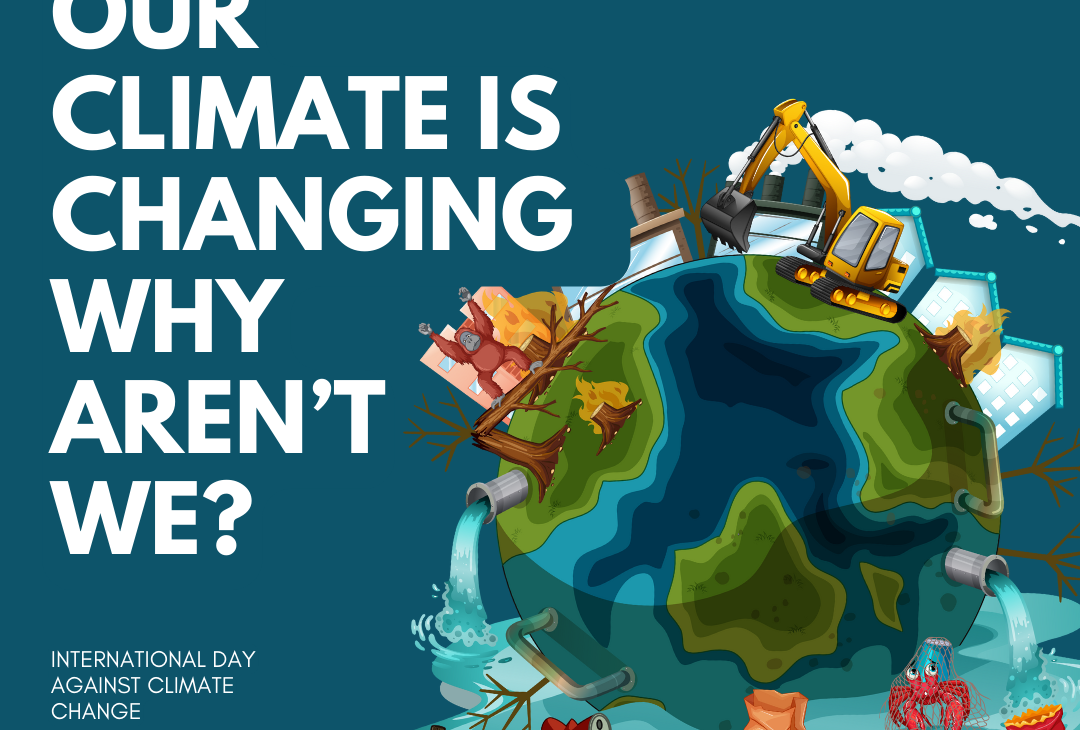2024 has been a year of both hope and concern in the fight against climate change. We’ve witnessed positive developments like technological advancements and increased global awareness, but the ongoing impacts of rising temperatures remain a stark reminder of the urgency of action. Let’s delve deeper into the key aspects of climate change progress in 2024.
Signs of Progress
Renewable Energy on the Rise: The global shift towards renewable energy sources like solar, wind, and geothermal continues. According to the International Renewable Energy Agency (IRENA), the renewable energy share of global electricity generation is expected to reach a record high of 30% in 2024 [IRENA Global Renewables Outlook 2023]. This trend is driven by falling costs of renewable technologies and increasing government support.
Technological Breakthroughs: Innovation plays a crucial role in combating climate change. Advancements in areas like carbon capture and storage, green hydrogen production, and next-generation battery technology offer promising solutions for reducing greenhouse gas emissions and transitioning to a clean energy future.
Growing Public Awareness: Public understanding of climate change and its urgency is at an all-time high. Events like extreme weather occurrences and rising sea levels are fueling public discourse and pressuring governments for more aggressive climate action.
Challenges and Concerns
Record-Breaking Temperatures: Despite advancements, 2023 saw record-breaking global temperatures, with the average exceeding 1.5°C for the first time on record (2024 in climate change). This milestone highlights the pace of global warming and the potential for increasingly severe climate impacts.
Insufficient National Commitments: While many countries have set ambitious climate goals, the current national action plans fall short of what’s needed to limit warming to the targets set out in the Paris Agreement. The gap between commitments and actions remains a significant hurdle.
Fossil Fuel Reliance: The global dependence on fossil fuels continues to be a major obstacle. The production of fossil fuels is projected to remain high for the foreseeable future, hindering efforts to achieve significant reductions in greenhouse gas emissions.
Looking Ahead: What Needs to Happen?
International Cooperation: Stronger international cooperation is critical to accelerate the global transition to a low-carbon economy. Collaborative efforts are needed to share best practices, develop innovative technologies, and ensure a just transition for all nations.
Increased Investment: Significant investments in clean energy infrastructure, research and development, and climate adaptation measures are essential. The public and private sectors must work together to mobilize the necessary resources to address climate change.
Individual Responsibility: While large-scale solutions are crucial, individual actions also make a difference. Reducing our carbon footprint through energy-saving practices, sustainable consumption choices, and supporting climate-friendly businesses all contribute to a collective impact.
2024 has been a year of mixed signals in the fight against climate change. We see progress, but the challenges remain immense. The next few years will be critical in determining whether humanity can effectively mitigate the worst effects of climate change. Increased international cooperation, significant investments in clean technologies, and a collective commitment to individual responsibility are key to achieving real progress. By working together, we can create a more sustainable future for ourselves and generations to come.



















